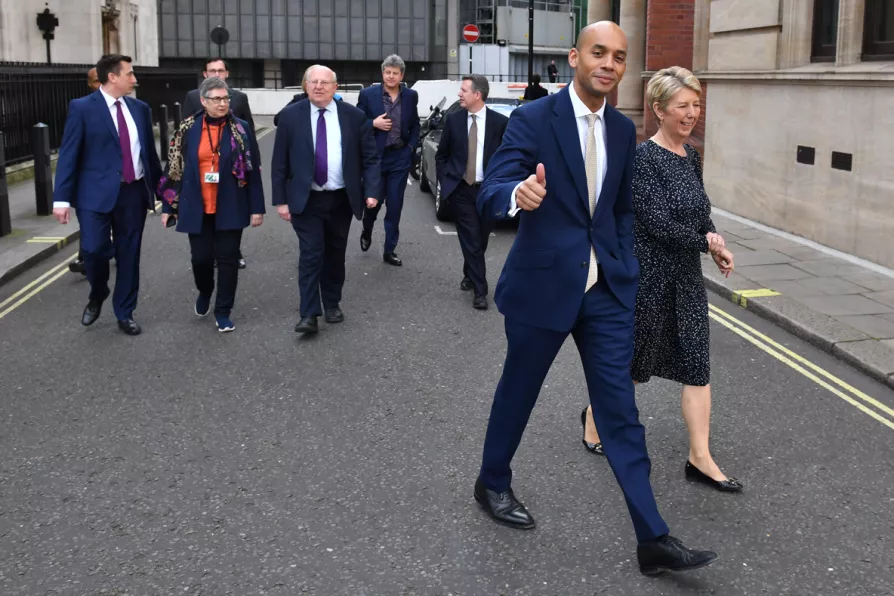The PM says Mandelson 'betrayed our values' – but ministers and advisers flock to line their pockets with corporate cash, says SOLOMON HUGHES
Why Change UK loves war
SYMON HILL exposes the ‘moderate’ party’s blood-soaked militarist voting record


THE “Independent Group” of MPs has now launched itself as a political party under the name “Change UK.”
Given its support for capitalism, corporate power, Nato and Trident, a more accurate name might be “Keep Things Pretty Much The Same UK.”
The group likes to be described as “moderate” and “centrist.” It says something about the state of British politics that its views are considered moderate.
Similar stories

In the run-up to the Communist Party congress in November ROB GRIFFITHS outlines a few ideas regarding its participation in the elections of May 2026

NICK WRIGHT examines how Farage’s party has attracted five distinct voter tribes with incompatible views on economics, immigration and state intervention — presenting both a challenge and opportunity for left organising

Ben Chacko talks to Bundestag member for the Sahra Wagenknecht Alliance, SEVIM DAGDELEN, about the continuing war in Ukraine, the economic crisis, controversies over immigration, the failings of Germany’s liberalised prostitution policy, and the importance of free speech











